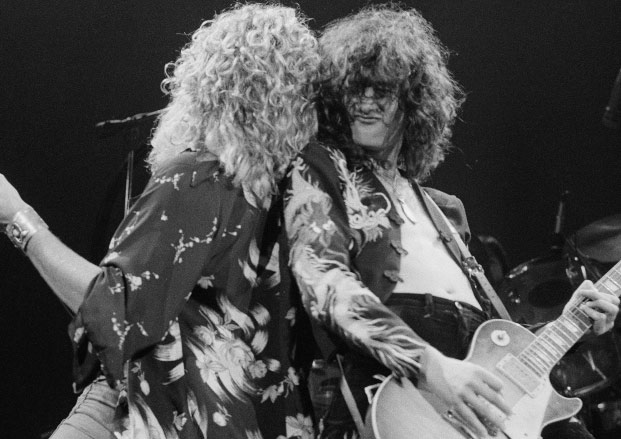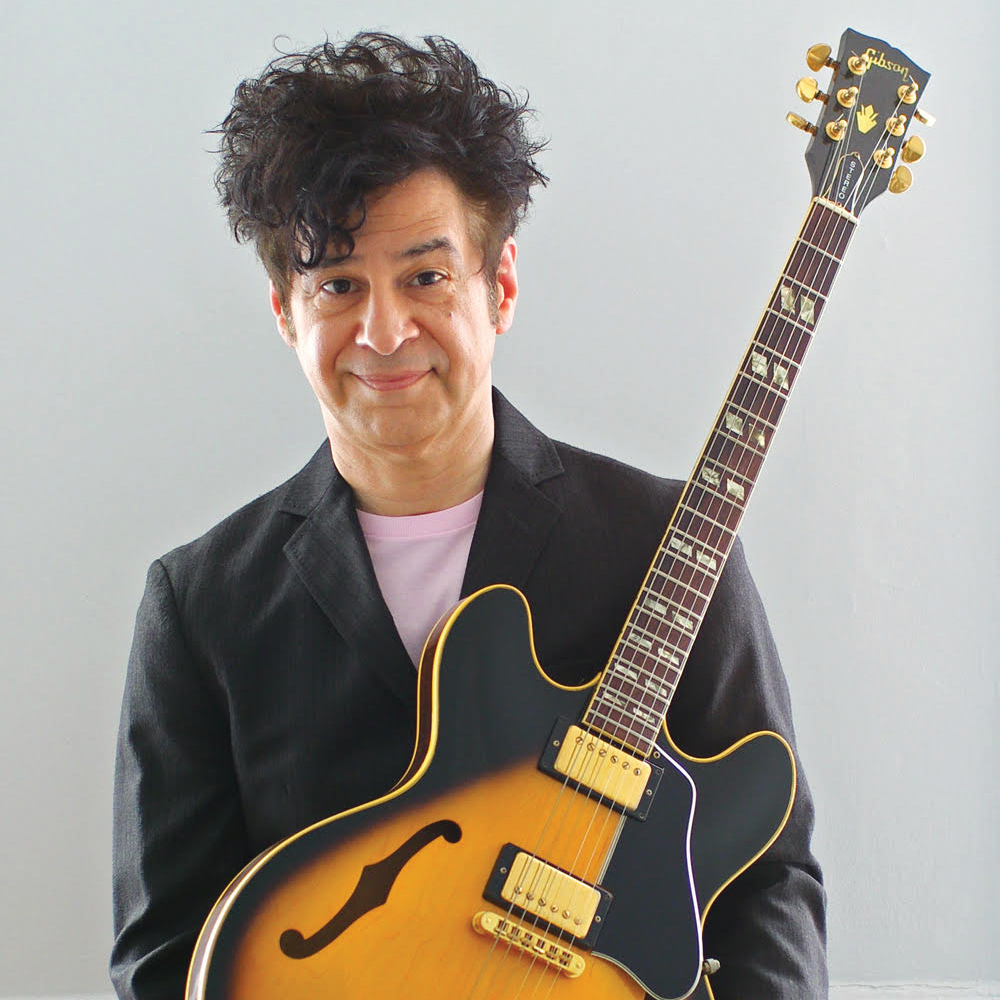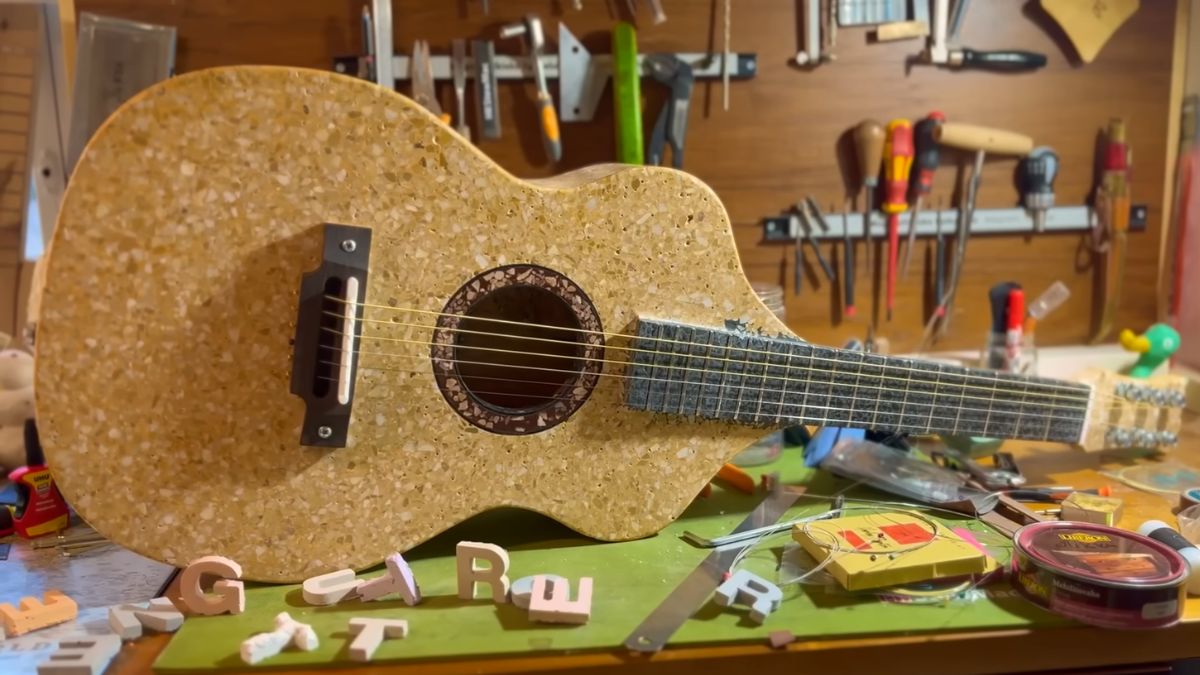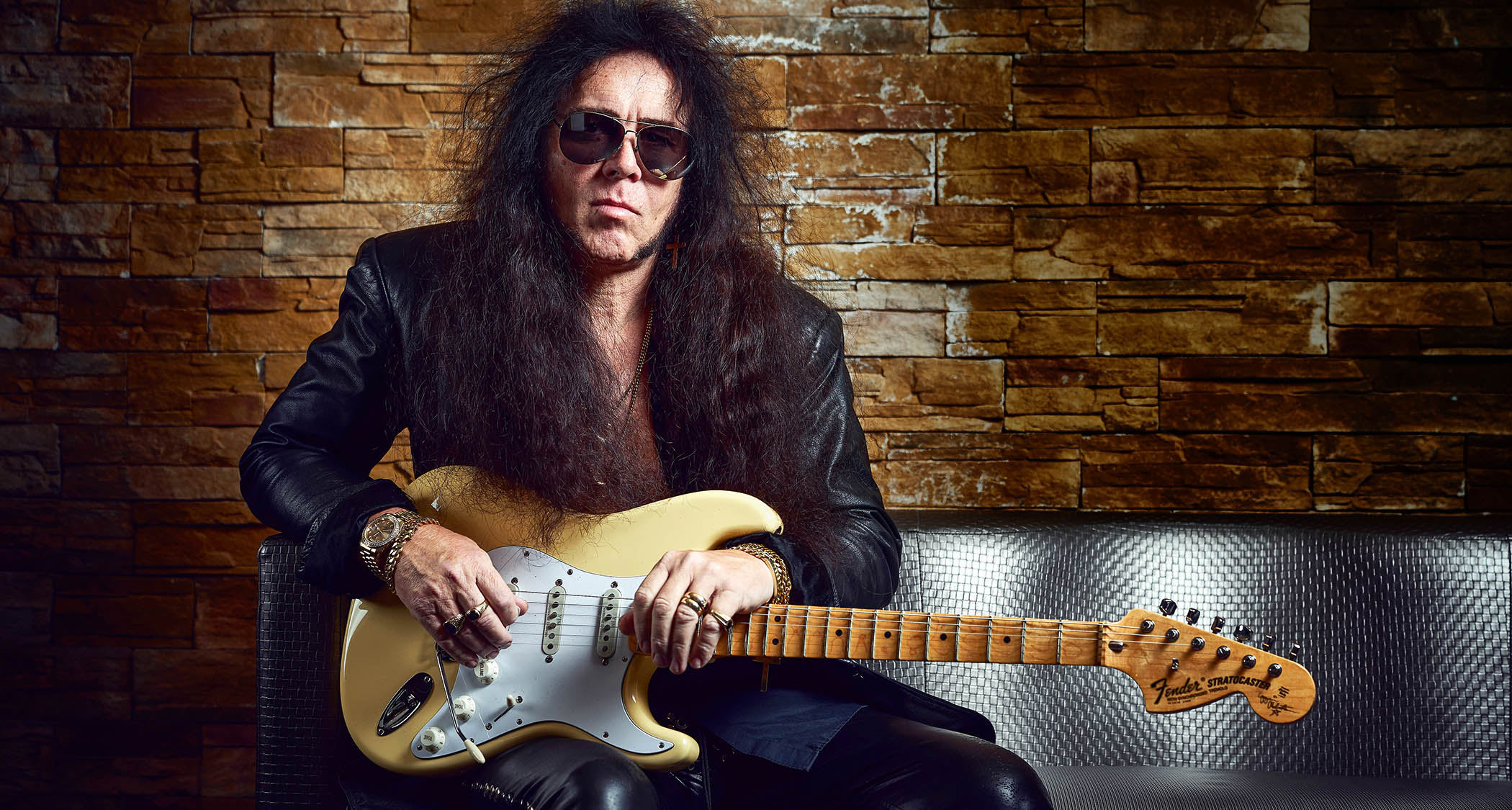Did This 350-Year-Old Song Influence “Stairway to Heaven”?

Could a 350-year-old composition bring an end to the “Stairway to Heaven” plagiarism trial?
Attorneys for Jimmy Page and Robert Plant have argued that the distinctive opening guitar passage of “Stairway to Heaven” uses a common progression that has been around for hundreds of years.
In fact, a composition by Italian composer Giovanni Battista Granata uses this same progression—and nearly the same melody heard in “Stairway to Heaven.” The work, “Sonata di Chittarra, e Violino, con il suo Basso Continuo,” was composed in 1659.
The passage, which occurs at the 0:32 mark in the video below, is strikingly similar to the “Stairway to Heaven” intro and has more in common with it than “Taurus,” the 1968 instrumental composition by the group Spirit that Page and Plant are accused of plagiarizing.
Now 357 years old, Granata’s composition is in the public domain and not subject to copyright.
It’s not known if Page and Plant’s attorneys are familiar with the song or if they’ll use it in their defense. On Monday, June 20, they asked Judge R. Gary Klausner to end the trial in favor of their clients, noting that the plaintiff “failed to prove required elements of his claims for direct, contributory and vicarious copyright infringement.”
Peter J. Anderson, Page and Plant’s lead attorney, has also raised questions about who owns “Taurus.” The song was written by Randy California, born Randy Wolfe, who died in 1997. The lawsuit has been brought by Michael Skidmore, who manages Wolfe’s estate.
Get The Pick Newsletter
All the latest guitar news, interviews, lessons, reviews, deals and more, direct to your inbox!
But Anderson argues that Wolfe assigned the copyright to publishing company Hollenbeck Music, leaving Skidmore no basis on which to sue. Anderson has further argued that “Stairway to Heaven” bears no substantial similarity to “Taurus” and that Skidmore has failed to show damages from the alleged copyright infringement.
Page, for his part, has testified that he never heard “Taurus” until a few years before the trial. Witnesses for the plaintiff did not tell the court they ever saw Page, who composed the music for “Stairway,” at a Spirit concert where the song was performed. Though Page’s extensive record collection includes a copy of Spirit’s 1968 debut album, which contains “Taurus,” the guitarist claims he has never played it, and it’s unknown if the album was in his collection at the time that he wrote “Stairway to Heaven” in 1971.
The trial resumes today.
Below, you can compare “Stairway to Heaven” with the relevant passages from “Sonata di Chittarra, e Violino, con il suo Basso Continuo” (at 0:32) and “Taurus” (at 0:45).
“Sonata di Chittarra, e Violino, con il suo Basso Continuo”
“Taurus”
“Stairway to Heaven”
Christopher Scapelliti is editor-in-chief of Guitar Player magazine, the world’s longest-running guitar magazine, founded in 1967. In his extensive career, he has authored in-depth interviews with such guitarists as Pete Townshend, Slash, Billy Corgan, Jack White, Elvis Costello and Todd Rundgren, and audio professionals including Beatles engineers Geoff Emerick and Ken Scott. He is the co-author of Guitar Aficionado: The Collections: The Most Famous, Rare, and Valuable Guitars in the World, a founding editor of Guitar Aficionado magazine, and a former editor with Guitar World, Guitar for the Practicing Musician and Maximum Guitar. Apart from guitars, he maintains a collection of more than 30 vintage analog synthesizers.










